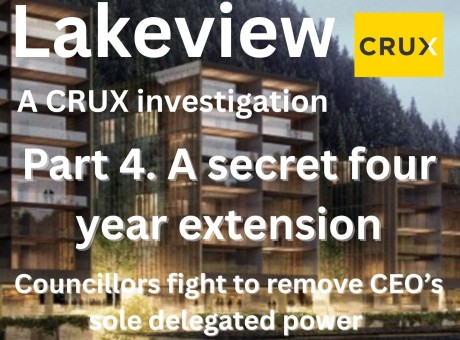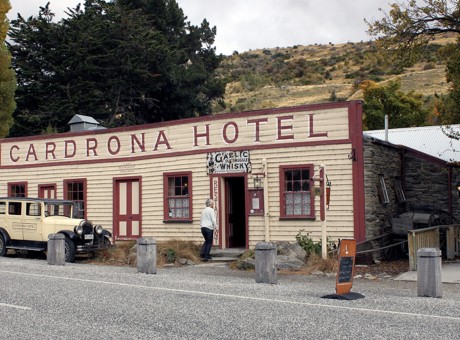Mayors warn of future uncertainty and rates rises above 20 percent

Central Otago's mayor is preparing ratepayers for a rates rise next year "well above 20 percent" as a starting point based on a current project and service delivery wish list.
The warning was given by Tim Cadogan in his latest report to councillors, to be presented at this week's full council meeting scheduled for Wednesday morning.
In the report, he says he attended a regional and provincial sector meeting off the back of a Local Government New Zealand/Ko Tātou national gathering, where there was much talk among attendees of their respective "numbers".
When he says "numbers", he's talking anticipated average residential rates rises, which come as a starting point before councils look at ways to ease the burden.
"Most people were talking with ashen faces of high 20 percent figures or even in the 30s. We (CODC) don’t have 'the number' at present but it will however be well above 20 percent."
The mayor says costs related to three waters - that's investment in wastewater, stormwater and drinking water, in some cases to bring non-compliant systems up to standard - are likely to result in a more than ten percent increase in rates on its own.
Neighbouring district mayor Glyn Lewers says the three waters debate has created uncertainty.
Like other councils around the country, the Queenstown Lakes District Council is nutting out its next Long Term Plan, a draft of which should go out from community consultation early next year.
But for many it's a waiting game as the new coalition government has flagged a change in direction for three waters reforms kickstarted by the outgoing Labour government and it is still unclear what impact this will have on council water assets and books.
"Three waters has made things more complex but we consider it prudent to prepare a shadow plan that accounts for potential development contributions into the future, and also so we’re prepared for a variety of possible outcomes depending on how the incoming government chooses to proceed," Mayor Lewers says.
"Aspects of this shadow plan can be incorporated back into our LTP capital work programmes accordingly. I acknowledge this will come at a cost to the ratepayer. However, we have taken a pragmatic and prudent approach to be able to respond regardless of the political outcome."
It is his view uncertainty of some description is ever-present, and a council needs to move forward regardless.
"As mayor, I expect the Queenstown Lakes District Council to prepare an LTP that recognises that uncertainty and develops a framework to address it.
"There will always be uncertainty when developing long term plans of such a complex nature; we only need to look back three years when the pandemic struck to highlight that we can still achieve long-term strategic thinking and pathways if the will is there to do so."
When it comes to investing in infrastructure, he says he does "not buy into it’s all too hard, let’s see if we can kick it down the road a bit".
It's a sentiment shared by his Central Otago counterpart.
In his report this week Mayor Cadogan references a speaker at the Local Government New Zealand/Ko Tātou national gathering.
"The nub of what I took out of his comments was that what we are facing in terms of potential rates rises across the country is due to a number of reasons, but a significant driver is our propensity across councils for getting tomorrow to pay for today, and that tomorrow is now here."
He says in Central Otago there are problem-plagued bridges on council roads that need fixing, plus across the board cost increases related to "incredible compulsory audit fees, increased values leading to increased depreciation costs, massive insurance cost increases", and general and build inflation, all placing additional pressure on council bottom lines.
They are not "costs we can responsibly avoid", he says.
"We are all fully conscious of the impact of a huge rates increase on our people in an already tight economy and we will of course be looking at means to lessen this number, but there needs to be balance.
"I am not in favour of making tomorrow pay for today by not funding depreciation where it is needed to be funded.
"We also don’t want to throw out good investments for short term gain.
"We will need to look at asset sales and how any proceeds are applied, and we will be looking at a governance restructure to increase efficiency through our Representation Review.
"We will also be looking at creating other means of income outside of rates.
"We will also be discussing with the community what things we do now it wants us to think about doing without in the future in order to reduce the shock that is coming.
"I note at present that CODC is at the top of the bottom third of councils for average residential rates and has one of the lowest debt burdens, so we are facing a crisis that is across the country from a better starting point than many, but again I recognise this will come as little solace to those finding things hard financially at present."
Mayor Cadogan was approached by Crux for an interview.



























